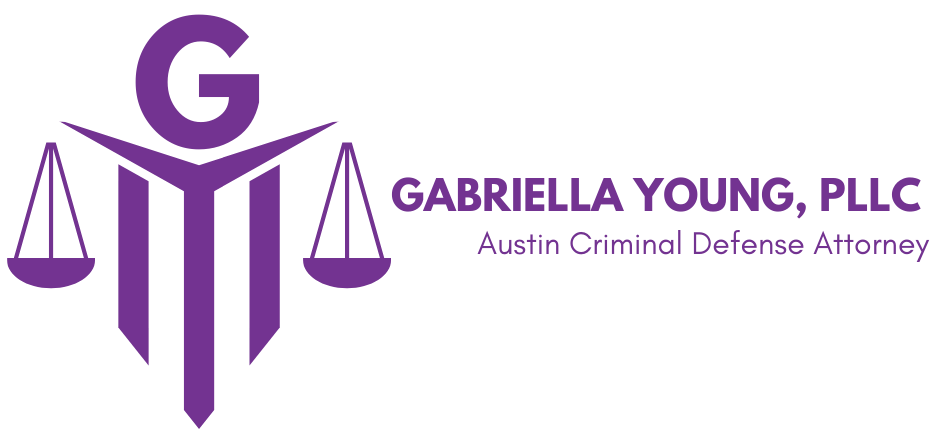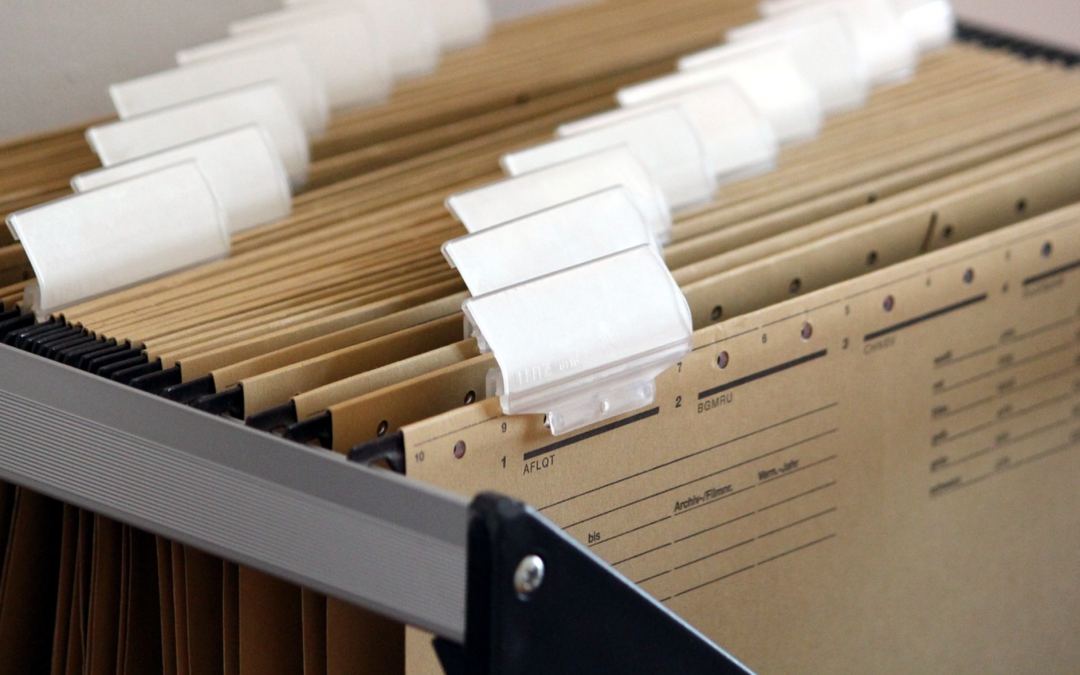New DWI Law Allows Non-disclosure of DWI Records in Certain Cases
In Texas, criminal court proceedings are general part of public record. This means that any records of arrest, probation, jail time, or other outcomes of criminal offenses are open to anyone who knows where to look. This means that even small, non-violent offenses can hold you back years or decades later when you’re trying to change employers or find a better job.
However, this may be changing. Towards the end of 2017, Greg Abbott signed into law the statue H.B. 3016, nicknamed the “Texas’ 2nd Chance Bill.” This statue creates a standardized system to get a non-disclosure order in Texas for certain non-violent misdemeanors such as low-level DWIs.
For the full text, go here.
Why is this important?
Non-disclosure agreements and expunctions are traditionally a very difficult and expensive process. Texas law allows expungement (or erasing) of records in cases that did not find guilt, class C (the lowest level) misdemeanors where the defendant received deferred adjudication and completed a community supervision. A deferred adjudication is a type of deal where the defendant pleads “no contest” or “guilty” in exchange for meeting requirements placed by the court in a certain time period (such as treatment, probation, or community service) to have their case dismissed or avoid a formal conviction.
Getting an order of non-disclosure or having your record sealed after the fact involves hiring another lawyer, and could still ultimately be unsuccessful. Criminal records, even for a low-level DWI conviction, can be disastrous for job hunters looking for employment. However, being unable to find a job feeds into the jail cycle.
Who is eligible under H. B. 3016?
Texas’ Second Chance Bill certainly expands the availability of orders of non-disclosure, but it does not apply to everybody. There are many requirements that need to be met.
In order to be eligible for an order of non-disclosure under H. B. 3016, the DWI offense cannot have been a Class A misdemeanor. A DWI turns into a Class A misdemeanor of the defendant had a BAC (blood alcohol level) of 0.15% or higher, or if the person is driving with an open alcoholic container (which makes it a Class B misdemeanor). The legal limit of intoxication is 0.08%, but you may be charged with a DWI at a lower BAC if you are deemed impaired.
H.B. 3016 does not apply to DWI cases that involve boating or flying – only street motors vehicles. It also does not apply to DWIs that involved accidents with other people, whether it was another vehicle or a passenger in the vehicle of the person convicted with a DWI. Whether or not anyone was injured, this makes the DWI charge ineligible for an order of non-disclosure through this new law.
A person seeking a non-disclosure order for their DWI charge cannot have been convicted of any other offense, whether they served time or were given probation or deferred adjudication (though minor traffic offenses are acceptable).
If all of these requirements are met, and the person seeking an order of non-disclosure has completed their term of confinement, community supervision, and paid all costs associated with the conviction, they may now look to make a petition.
To reiterate, in order to be eligible under H. B. 3016, a person convicted of a DWI:
- must have had a BAC under 0.15%
- cannot have had an open alcoholic container in the vehicle
- DWI incident cannot have involved another person in any capacity
- boating and flying DWIs are not eligible
- no prior convictions except minor traffic offenses
- all costs paid (fines, restitution, and other costs associated with the conviction)
- all court-ordered punishment completed (confinement, community supervision, etc)
H.B. 3016 does, however, apply retroactively to DWI convictions occurring before it was signed into law towards the end of 2017.
When do I petition to get an order of non-disclosure through H.B. 3016?
After all of the above mentioned terms are met, the shortest possible wait time between completed any court orders and being eligible to petition for an order of non-disclosure is two years. However, a potential petitioner may have to wait for up to five years. How long the wait period is depends on another set of circumstances.
In some cases, the judge orders the convicted defendant to have an ignition interlock device (or IID) installed in their car. These devices measure the alcohol in a person’s system like a breathalyzer and will temporary lock the vehicle’s ignition for a certain amount of time if the BAC is above a pre-programmed level. IID’s are a crucial key in determining how long a petitioner must wait before being eligible to petition for an order of non-disclosure.
If the petitioner received community supervision, completed requirements, and used an IID for six months at least, they can petition for nondisclosure two years after completing their community supervision. If the case involved anything besides community supervision (ie time served) and they used an IID for six months, they must wait three years after the date that they completed their sentence. If they were never required to use an IID for at least six months, they can file a petition five years after the completion of their sentence or community supervision.
While this law comes with many caveats, it can be immensely helpful for those who meet the requirements to clear the criminal record.
Thank you for reading the legal news blog of The Law Office of Gabriella Young. We are an Austin, Travis County, and Williamson County criminal defense law firm and our jail release assistance is available 24/7. We are dedicated to our clients and their futures, and will handle your case with compassion and dedication!

